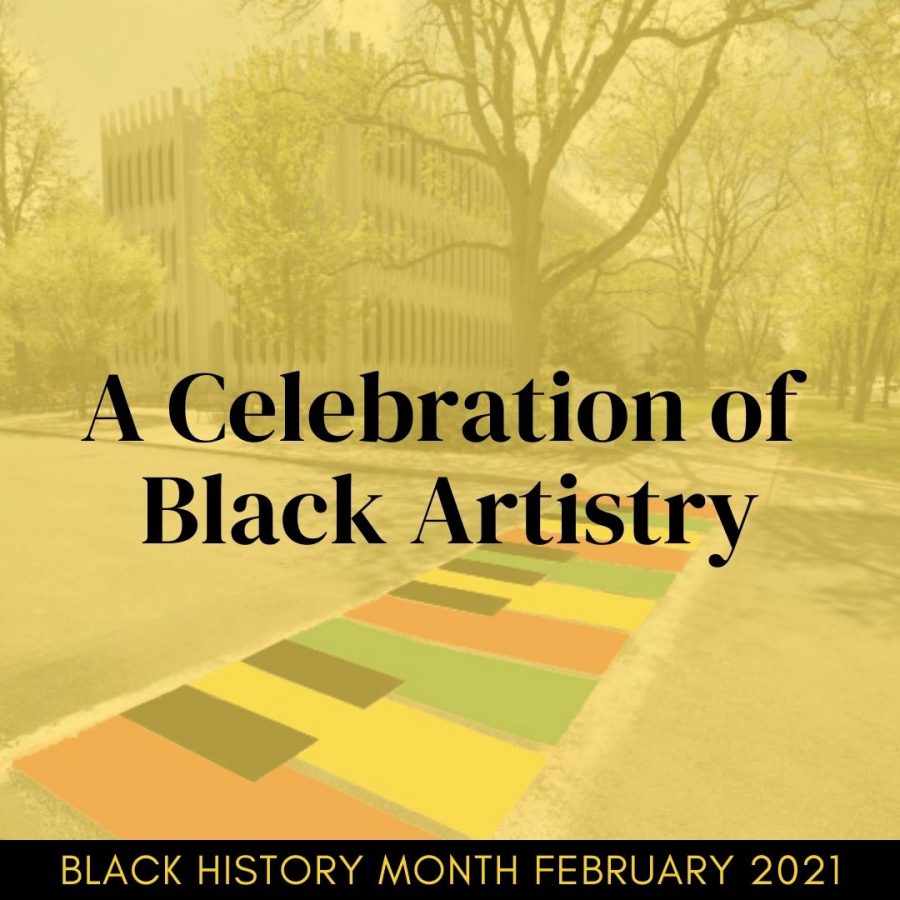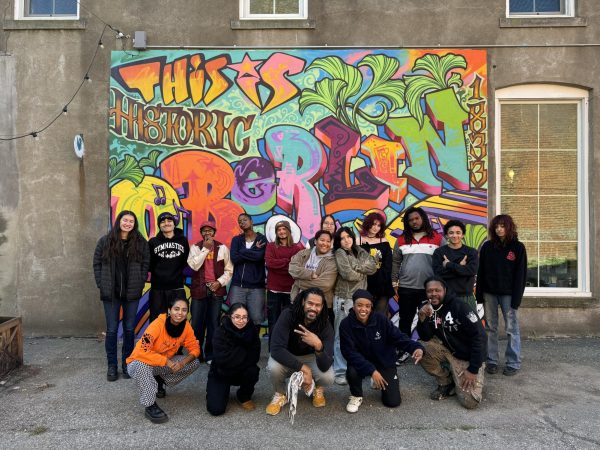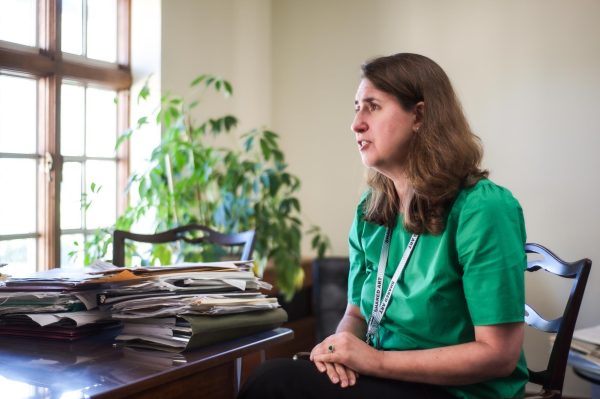A Celebration of Black Artistry; The Con Performs Its Way Through Black History Month
The past year at Oberlin has been marked by the hard work of Black students, alumni, and professors pushing for more equitable practices around campus. In June, President Carmen Twillie Ambar announced a new initiative to educate and mobilize students against racial injustice, and in the fall the Conservatory created an action plan for increasing diversity and equity of Oberlin’s music education, inspired by years of student activism. After an arduous year of work, the arrival of Black History Month carries in a moment to celebrate Black creatives and Black excellence.
Oberlin’s Black History Month calendar boasts lectures and discussions on hip hop dance, race and policing, Black mental health, and Black queer nightlife. In addition to these programs, the Conservatory has organized a series of performances that celebrate and center Black musicians on campus. Associate Dean for Academic Support Chris Jenkins has been working closely with the Conservatory to construct the series and outline Black musicians’ contributions to the world of classical music.
“It’s fantastic that the faculty have put together such a robust program of works for Black History Month this semester, and I am hopeful that we’ll continue to do so,” Jenkins said.
While Black History Month is a chance to enjoy and appreciate Black artistry, the month also provides an opportunity to push forward the ongoing conversation on equity and inclusion, both in the arts and beyond.
“It’s important for us to acknowledge that this is just the beginning of the conversation around genuine equity in classical music and our efforts to expose and dismantle the effects of white supremacy on the arts,” Jenkins said.
On Thursday, Jenkins opened the month by hosting “A Celebration of Black Artistry: An Introduction by Chris Jenkins” via Oberlin’s Stage Left platform. Stage Left is the Conservatory’s virtual programming platform where, since the beginning of the pandemic, Oberlin faculty, students, and guests from around the world have delivered talks and performed music.
Director of Artistic Programming and External Relations Thea Boyd and her colleague, Daniel Heinrich, have been recording and publishing performances on Oberlin Stage Left since March 2020. Some of those performances were used as part of yesterday’s event that showcased compositions by Black artists.
“If you’re looking for anything that is a performance coming out of the Conservatory since everybody went home last March, it’s all on this page,” Boyd said. “It’s either on demand or it’s in that backstage pass.”
While Oberlin College is celebrating Black excellence for this month, Black artists in the Oberlin community unequivocally deserve more than a few brief weeks of celebration. Associate Professor of Horn Jeff Scott questions the long-term impact of today’s sentiments.
“I’m more on the side of: what happens when the light isn’t shining anymore?” Scott said. “It’s an important moment, but when the light stops shining … who’s going to still be pushing?”
Scott hopes that the month’s programming will ignite Oberlin’s collective motivation to keep fighting for Black liberation — something which can be difficult when so many are reluctant to hold space for conversation, let alone action.
“The reason why we continue having the conversation is because people don’t want to have it,” Scott said. “No one wants to look back at history [and] have the conversation about [enslavement]. Have the conversation about Black Wall Street. Have the conversation about the history of the city of Detroit and Paradise Valley and these places that were destroyed by commerce. They don’t want to have that conversation because it brings up the ugly, ugly truth about what this country has gone through.”
While there has been hesitancy to have the dialogue, for decades Black women artists in particular have pushed the conversation forward. In 1920, Mamie Smith released the Black Feminist anthem “Crazy Blues” reflecting on the dual oppression of patriarchy and racism. In 1989, Queen Latifa released “Ladies First” featuring Monie Love — another Black Feminist anthem. Countless Black feminists followed, from Lauryn Hill, Erykah Badu, and Beyoncé to Rihanna, Noname, and SZA.
Professor Scott’s advice for Black creatives of this new era reflects the work of the Black women and trans people who pioneered today’s music and movements.
“Tell the story. Unashamedly tell the story.”
Oberlin’s Black History Month events — both musical and nonmusical — started on Feb. 1 and will end in a Quarantine Couture fashion show on Feb. 27. A full list of events can be found on the “To Be Young, Gifted, and Black” schedule here.








